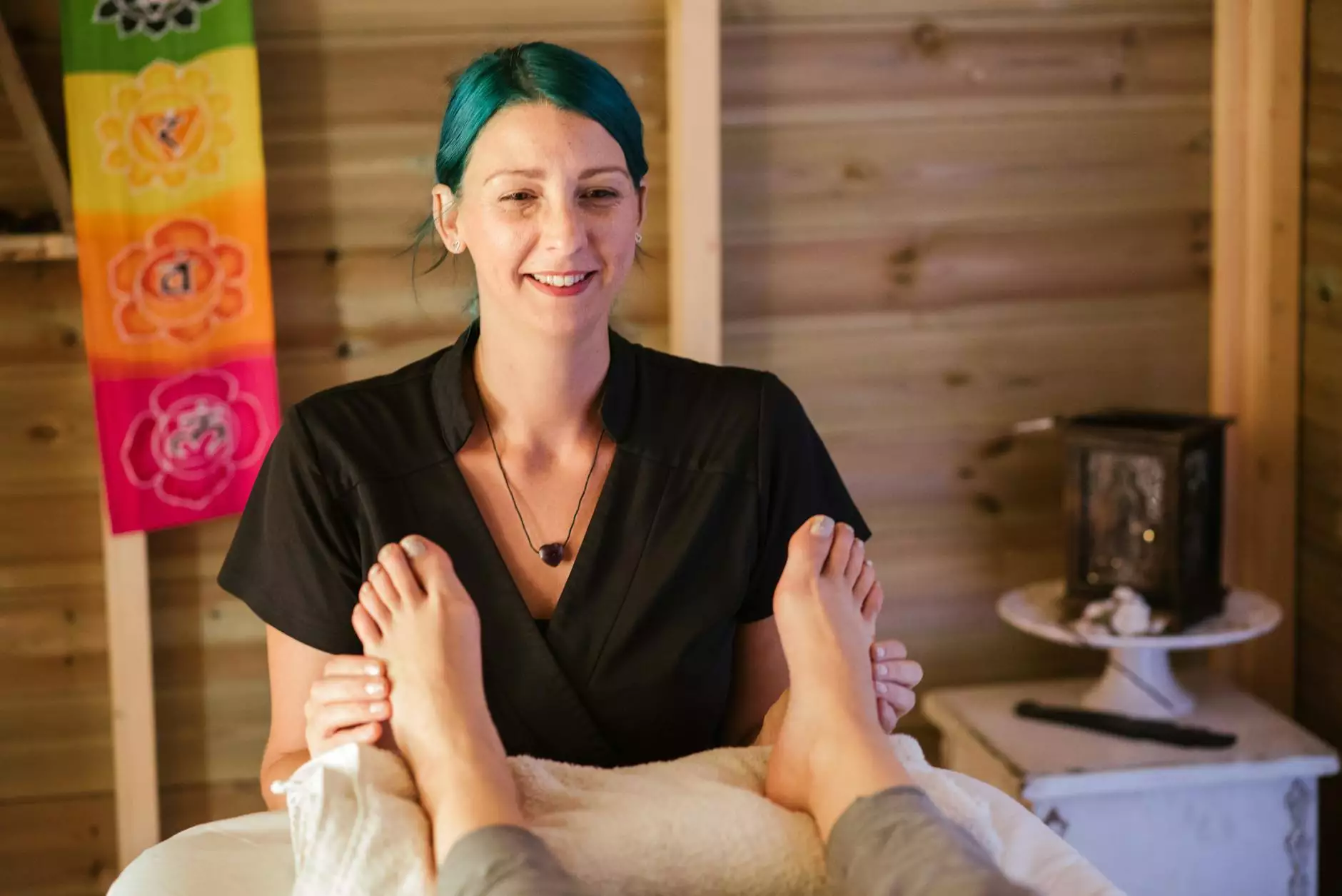Understanding Knee Pain: The Role of a Physiotherapist

Knee pain is a common ailment that affects individuals of all ages and activity levels. Whether due to sports injuries, arthritis, or general wear and tear, the discomfort associated with knee pain can significantly impact daily life. Consulting a knee pain physiotherapist is essential for effective treatment and rehabilitation. This article explores the various aspects of knee pain management, the role of physiotherapy, and practical advice for recovery.
What Causes Knee Pain?
The causes of knee pain can be quite varied. Understanding these causes can help in seeking appropriate treatment. Some common causes include:
- Injuries: ACL tears, meniscus tears, or ligament sprains often occur during sports or physical activity.
- Osteoarthritis: A degenerative joint disease caused by wear and tear on the knee joint.
- Rheumatoid Arthritis: An autoimmune disorder that leads to inflammation, pain, and swelling in the joints.
- Patellar Tendonitis: Often known as "jumper's knee," this condition is due to overuse or injury to the tendon connecting the kneecap to the shinbone.
- Bursitis: Inflammation of the bursae, which are small sacs of fluid that cushion the knee joint.
Why Choose a Physiotherapist for Knee Pain?
A knee pain physiotherapist specializes in diagnosing and treating musculoskeletal conditions. Here are a few reasons to consult one:
- Expertise: Physiotherapists have extensive training in anatomy and biomechanics, allowing them to assess your condition accurately.
- Personalized Treatment: They develop individualized rehabilitation programs tailored to your specific needs and recovery goals.
- Education: Physiotherapists educate patients about their conditions and teach them preventative measures to avoid recurrence.
- Holistic Approach: Treatment encompasses not just pain relief, but also restoring function and strength to promote long-term health.
What to Expect During Your First Physiotherapy Consultation
During your initial visit to a knee pain physiotherapist, several key components will typically be included:
- Thorough Assessment: The physiotherapist will conduct a detailed assessment which includes taking a medical history and performing physical examinations to understand your symptoms and limitations.
- Diagnostic Tests: They may also utilize diagnostic techniques such as gait analysis and range of motion tests to evaluate the severity of your condition.
- Treatment Plan Development: Based on the assessment, a personalized treatment plan will be created to facilitate recovery and rehabilitation.
Effective Physiotherapy Treatments for Knee Pain
Physiotherapy offers a plethora of treatments that can effectively alleviate knee pain. Some of the most common methods include:
1. Manual Therapy
Manual therapy techniques involve hands-on manipulation of the knee joint and surrounding tissues. This method can help improve mobility, reduce pain, and promote healing.
2. Exercise Therapy
Targeted exercises play a crucial role in strengthening the muscles around the knee, improving stability, and enhancing overall mobility. Your physiotherapist will guide you through specific exercises designed for your condition.
3. Modalities
Various modalities such as ultrasound, electrical stimulation, and heat/cold therapy may be utilized to reduce pain and inflammation and promote recovery.
4. Gait Training
For those affected by problems in walking due to knee pain, gait training can help in retraining the body to adopt a healthier and less painful movement pattern.
5. Education and Advice
Your physiotherapist will also provide you with valuable information regarding proper body mechanics, posture, and lifestyle adjustments to help manage and prevent future knee pain.
Debunking Common Myths About Physiotherapy
Despite its effectiveness, several misconceptions about physiotherapy persist. Here are some common myths debunked:
- Myth 1: Physiotherapy is only for post-surgery recovery. Fact: Physiotherapy can help prevent surgery and treat various conditions, not just post-operative care.
- Myth 2: It’s too painful. Fact: Physiotherapy aims to relieve pain and improve function; your physiotherapist will ensure treatments are tailored to your tolerance.
- Myth 3: You need a doctor's referral to see a physiotherapist. Fact: In many regions, you can directly consult a physiotherapist without a referral.
The Importance of Consistency in Physiotherapy
Consistency is key when undergoing physiotherapy for knee pain. Adhering to the prescribed treatment plan and exercises is vital for achieving optimal results. Regular sessions with your knee pain physiotherapist and diligent practice of home exercises will facilitate recovery and help restore function to your knee.
Complementary Treatments for Enhanced Recovery
In addition to physiotherapy, several complementary treatments can further enhance recovery:
- Massage Therapy: Can improve circulation and reduce muscle tension around the knee.
- Acupuncture: A traditional method that can assist in pain relief and promote healing.
- Proper Nutrition: A balanced diet rich in anti-inflammatory foods can support overall joint health.
- Weight Management: Maintaining a healthy weight reduces stress on the knees and can alleviate pain.
Preventing Future Knee Pain
After recovering from knee pain, implementing preventive measures is crucial. Here are some strategies:
- Warm-Up and Stretch: Always perform warm-up exercises and stretches before engaging in physical activities.
- Strength Training: Regularly strengthen the muscles that support the knee through targeted exercises.
- Avoid Overtraining: Gradually increase the intensity of your workouts to prevent injury.
- Wear Proper Footwear: Shoes with good support can significantly affect knee alignment and function.
Conclusion: Your Path to Recovery with a Knee Pain Physiotherapist
Living with knee pain can be challenging; however, a knee pain physiotherapist can guide you towards a healthier, pain-free life. By understanding the causes of your knee pain and actively participating in your recovery, you can regain strength and functionality. Embrace physiotherapy not just as a treatment, but as a holistic approach to your overall health and wellness. For personalized care and effective treatment strategies, consult with a physiotherapist today.
For more information or to schedule an appointment with experienced professionals, please visit HelloPhysio.sg.



